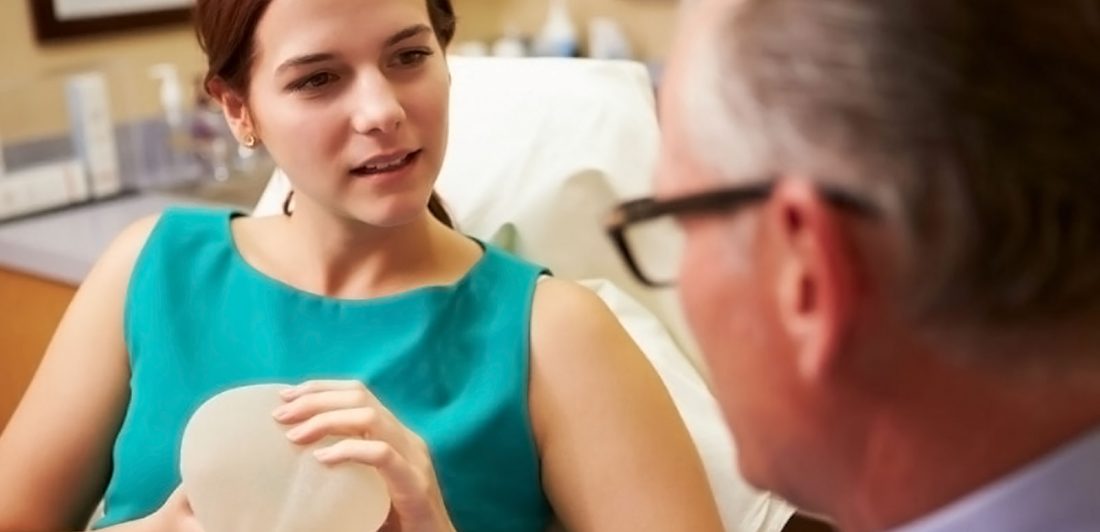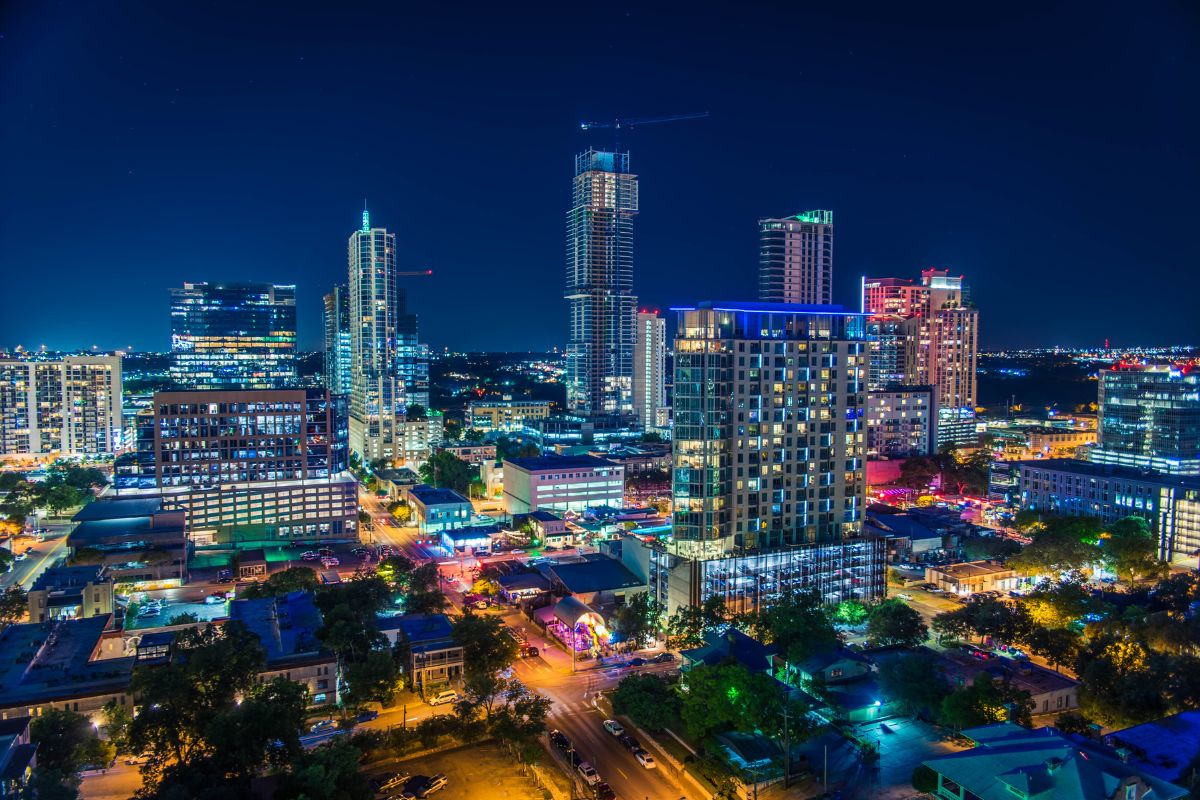Update June 1, 2020 – Allergan has produced a campaign to update and contact patients who may be unaware of the 2019 recall of their BIOCELL textured breast implants and tissue expanders.
To those interested in finding out if their implant may be under recall, they should:
- Reach out to Allergan Aesthetics to check for their implant information at https://www.biocellinformation.com/
- If you are unaware of the brand used for your breast augmentation or breast implant surgery, you should contact the surgery center or the surgeon who performed your procedure.
For years, researchers have studied a possible link between breast implants and the development of Breast-Implant Associated Anaplastic Large Cell Lymphoma (BIA-ALCL). While estimates of the risk have varied widely, in recent months, textured breast implants products made by Allergan have been recalled because of their link to non-Hodgkin's lymphoma. Several health organization authorities now recognize the link between textured breast implants and the development of BIA-ALCL. This is a rare form of cancer that occurs in the immune system. In July 2019, the U.S. Food and Drug Administration requested that manufacture Allergan voluntarily recall Natrelle BIOCELL textured breast implants. As a result, the company is pulling the product from the global market.
The FDA has identified a worldwide total of 573 BIA-ALCL cases—including 33 patient deaths. Further, at least 12 patients who have since passed knew Allergan was the manufacturer of their textured implant at the time of their diagnosis. Textured Allergan implants were identified in one woman after her death. Unfortunately, the manufacturer and/or texture is unknown for the remaining 20 reported BIA-ALCL deaths.
In addition, of the 573 BIA-ALCL cases, 481 were reported to have Allergan implants.
Who is Allergan?
Allergan is a global pharmaceutical company headquartered in Dublin, Ireland. According to the Associated Press, the brand accounts for just 5% of the U.S. breast implant market. The July recall does not affect the brand's smooth implants or other textured implants sold under the Microcell brand.
The company voluntarily agreed to the FDA's request to remove breast implant products from the market. In a press release, the company stated:
“Allergan is taking this action as a precaution following notification of recently updated global safety information concerning the uncommon incidence of breast implant-associated anaplastic large cell lymphoma (BIA-ALCL) provided by the U.S. Food and Drug Administration (FDA).”
What is Anaplastic Large Cell Lymphoma(ALCL)?
Anaplastic large cell lymphoma (ALCL) is a rare, treatable form of non-Hodgkin's lymphoma cancer of the immune system's cells and a known risk from breast implants. It occurs in breast tissue in about 3 in 100 million women. This rare form of cancer affects the cells of the immune system.
In cases where ALCL is linked to breast implants, the cancer is not found on the breast itself but usually in the capsule of scar tissue that forms around the implant and fluid near the implant. There are even some cases where the ALCL has spread throughout the body.
In 2011, the FDA was the first public health agency in the world to communicate about the risks of BIA-ALCL, warning women that the available information at the time indicated that there is a risk for women with breast implants for developing this disease.
Researchers are still examining the correlation between ALCL and breast implants. For example, researchers have yet to determine whether saline or silicone implants affect the potential risk of developing ALCL. However, as of 2016, the World Health Organization specified BIA-ALCL as a T-cell lymphoma that can develop following breast implants.
How Might Breast Implants Cause Cancer?
Textured implants have a rough surface that may irritate or inflame the tissues around them. Researchers believe there is a possibility that this chronic inflammation plays a role. In fact, studies have revealed markers of chronic inflammation in the scar tissue around the breast implants. This suggests that an immune response to the breast implants may trigger ALCL.
Another possible cause comes from an immune response that increases cancer risk due to the bacteria surrounding the area around the implant. A study conducted in 2016 focused on the community of bacteria around tumor samples in people with ALCL linked to breast implants. The study revealed a significant difference in the community of bacteria around samples from people with breast implants who did not develop ALCL.
The symptoms of ALCL may occur years and even decades after undergoing breast implant surgery. Symptoms consist of persistent swelling or pain in the area of the breast implant.
Do Certain Types of Implants Increase the Risk of Developing ALCL?
Researchers have yet to determine whether saline or silicone-filled implants affect the risk of developing BIA-ALCL. However, the FDA's recall clarifies that textured implants made with silicone and polyurethane outer shells have the highest risk. It is clear that the body reacts differently to textured implants than to smooth ones.
A plastic surgeon and researcher at the University of Southern California’s Keck School of Medicine says that tissue grows into microscopic grooves in textured implants.
Is BIA-ALCL breast cancer?
No. BIA-ALCL is not breast cancer. It is a type of immune system cancer called non-Hodgkin's lymphoma. According to research, in most cases, BIA-ALCL is found mostly in the scar tissue and fluid surrounding the textured implant. However, in rare cases, the disease can spread throughout the body.
Why do women opt for textured breast implants?
Textured implants are less likely to move around inside of the breast. This is because they help develop scar tissue to stick to the implant and protect it from the body's reaction to a foreign object. Ultimately, the scar tissue prevents the implant from repositioning, as is seen in other types of implants.
These types of implants were invented to stabilize the implant in the breast pocket, as well as decrease the incidence of capsular contracture, a condition where the tissue begins to tighten and squeeze the implant.
What actions is the FDA taking?
In the summer of 2019, the FDA requested that the Dublin-based manufacturer Allergan remove its BIOCELL texture implants from the market. In addition, the maker also pulled other products from the shelf that includes the following:
- Allergan Natrelle Saline-Filled Breast Implants (previously sold as the McGhan RTV Saline-Filled Mammary Implant) in styles 163, 168, 363, and 468.
- Allergan Natrelle Silicone-Filled Textured Breast Implants (previously known as Inamed Silicone-Filled Breast Implants) in styles 110, 115, 120, TRL, TRLP, TRM, TRF, TRX, TCL, TCLP, TCM, TCF, TCX, TSL, TSLP, TSM, TSF, and TSX.
- Natrelle 410 Highly Cohesive Anatomically Shaped Silicone Filled Breast Implants in styles 410FM, 410FF, 410MM, 410 MF, 420 ML, 410 LL, 410 LM, 410 LF, 410 FX, 410 MX, and 410 LX.
The tissue expanders that have been recalled are:
- Natrelle 133 Plus Tissue Expander
- Natrelle 133 Tissue Expander with Suture Tabs
The FDA is continuing to evaluate any new information regarding breast implants. The FDA is not recommending that women with Allergan implants have them removed. However, the agency does recommend seeing a doctor if patients notice symptoms such as pain and swelling.
ALCL Treatment
ALCL is typically curable when detected early on and not often fatal. Surgical removal of the implants and the tissue around them eliminates the disease in many cases. However, some women may need to undergo chemotherapy and radiation.
Factors that increase the risk of breast cancer
Established and probable factors that increase breast cancer risk include the following:
- Age (older)
- Age at first childbirth (older)
- Alcohol
- Age at first menstrual cycle (younger)
- Age at menopause (older)
- Ashkenazi Jewish heritage
- Being female
- High blood androgen levels
- Birth control pills
- High blood estrogen levels after menopause
- High bone density
- Personal family history of cancer
- Race and ethnicity
Factors that decrease breast cancer risk
- Physical activity after menopause
- Breastfeeding
- Carotenoids (antioxidant-rich fruits and vegetables)
In about 90% of breast cancer cases, women find a breast lump themselves. So, check your breasts regularly. If you have implants, pay extra attention to how your new breasts look and feel.
It can be concerning to learn there is an association between breast implants and cancer. While it is important to keep potential risks in perspective, it does not mean those who have breast implants should have them removed. Instead, make sure you schedule routine check-ups with your health care provider. If you notice any signs such as new breast swelling, lumps, pain, or changes in breast shape, promptly schedule an appointment to report these symptoms.
How The Carlson Law Firm can help
While cancer is a scary topic to think about, we need to be aware of the disease and its consequences. Second to skin cancer, breast cancer is the most common type of cancer in American women. In fact, U.S. women have a 12 percent risk of developing breast cancer. The Carlson Law firm is a client-first law firm. We have devoted decades to protecting the rights of injured victims. At a time when you’re vulnerable, traumatized, and emotionally exhausted, you need a team that will support you through the often complex that lies ahead.
If you or a loved one had a misdiagnosis or delayed breast cancer diagnosis, we have a medical malpractice team ready to protect you in any way we can. Contact us today to discuss your situation and explore your legal options. We care, we can help.




